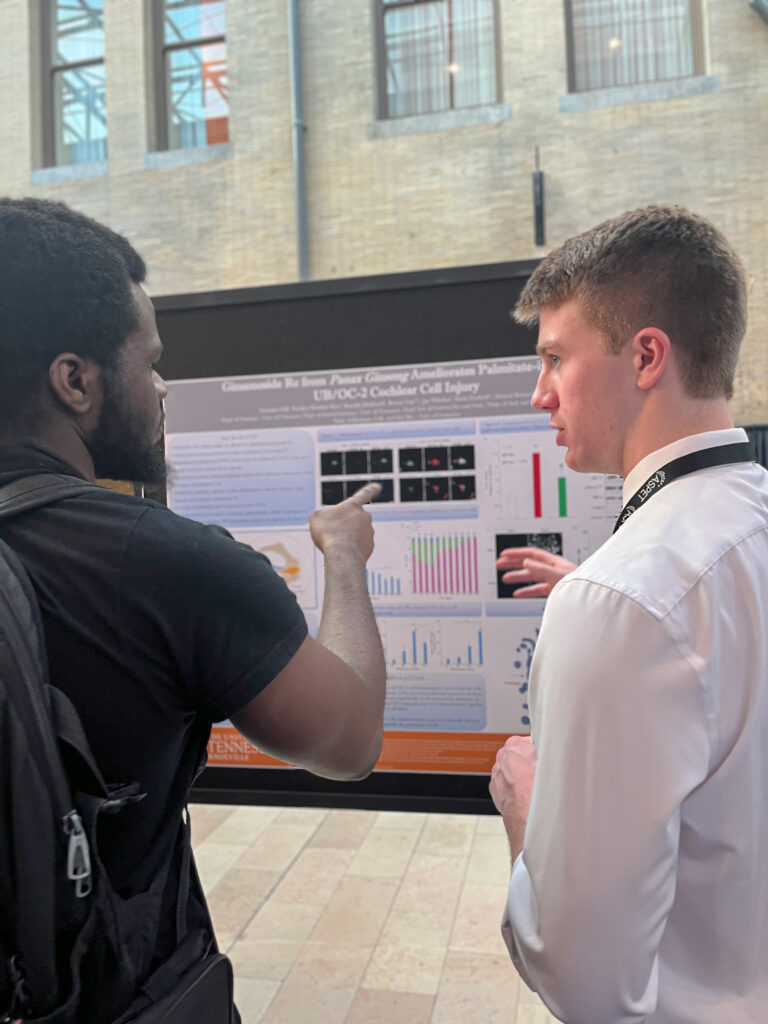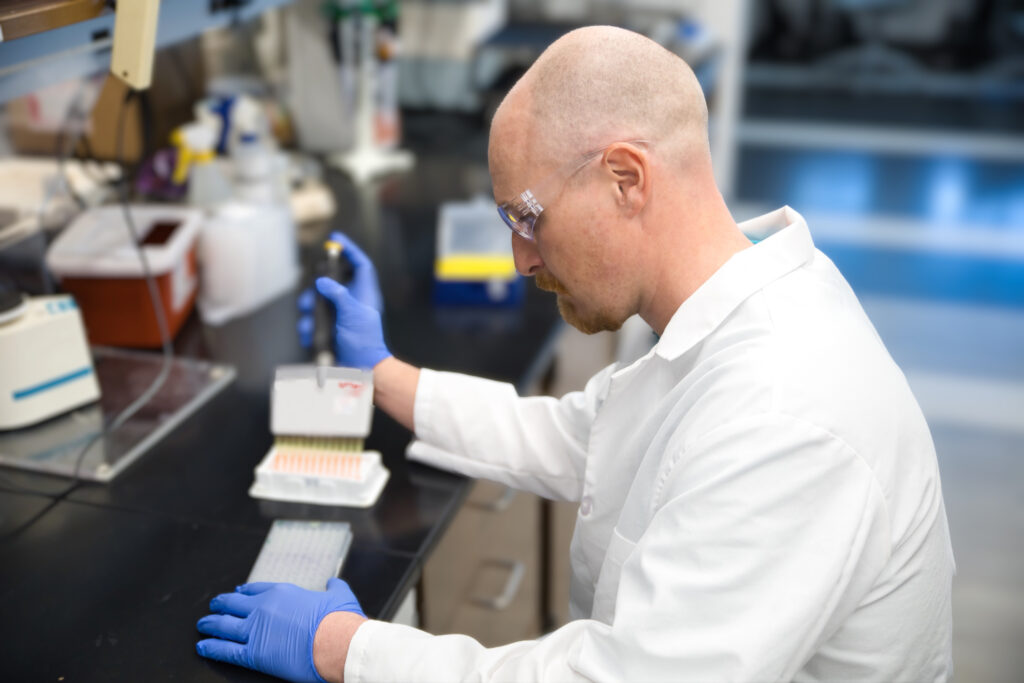
Why Nutrition?
If you choose to study Nutrition with us at the University of Tennessee, we will prepare you for a range of career choices that build upon the indisputable connection between diet and health. At the same time, we will provide you with a foundation that you can use to guide your own dietary choices throughout your life.

Ayres
Hall
Mission
Our Mission is to promote an UNDERSTANDING and PRACTICE of the SCIENCE OF NUTRITION for the enhancement of the physiological and social well-being of INDIVIDUALS, FAMILIES, and COMMUNITIES, primarily through RESEARCH and EDUCATION.
Undergraduates
Our undergraduate curriculum offers options that equip you to enter the workforce upon graduation, or to continue study in graduate or professional schools. You can select from courses of study that will prepare you for a career in biomedical research; to enter medical or related health professional schools; to become certified as a registered dietitian nutritionist; or to apply your nutrition expertise in various professions in the community. Our undergraduates have the opportunity to participate in a range of research in both laboratory and community settings.


Graduates
Our graduate programs educate the next generation of leaders in Nutrition Science. The work of our faculty spans from translating nutrition discoveries to improve the health of communities, to revealing molecular pathways at the intersection of diet and disease.




